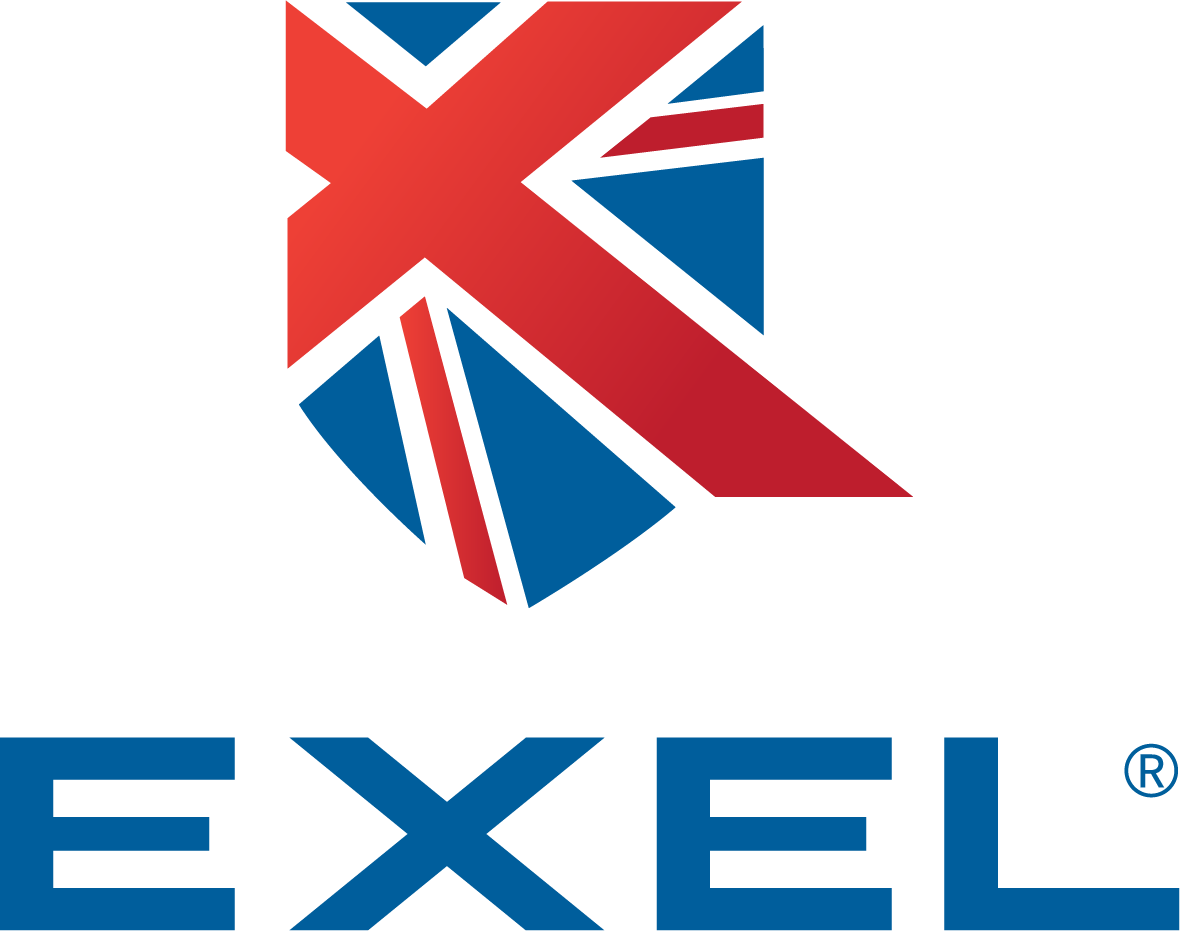Implementation
The business’s move to new premises was fairly straightforward, as the new site was very close by. In parallel with planning for the move itself, Gosling and his small team were planning the necessary changes to the way that the business used EFACS E/8. In this, they were considerably aided by a conscious effort over the previous three years to learn as much as possible about EFACS E/8’s advanced capabilities.
“Exel – in the form of our account manager and other Exel contacts, were very forthcoming about how other customers were using EFACS E/8, and we could see a lot of potential value in what these other customers were doing. Active participation in the online customer forum then built on this: without doubt, we learned a lot, and it only increased our resolve to keep our EFACS E/8 system up to date,” explains Gosling.
Crucial to the changes to EFACS E/8 was some bespoke work, carried out by Exel Computer Systems, to adapt EFACS E/8’s Mobile Workforce module, so as to update the MRP logic’s new component injection rate.
While the changes made proved perfectly adequate for the move to production line manufacturing, experience with the new mode of manufacturing opened the door to further efficiencies, again driven by EFACS E/8.
“We have an existing process for replenishing line side component bins, but it could be slicker, and it could be more automated, so we’re talking to Exel about how best to achieve that within the Mobile Workforce module,” sums up Gosling. “Traditionally, too, we’ve always inspected components for re-use at the beginning of the manufacturing process, but it makes sense to have that ability all the way through the remanufacturing process. Again, discussions with Exel are ongoing.”




